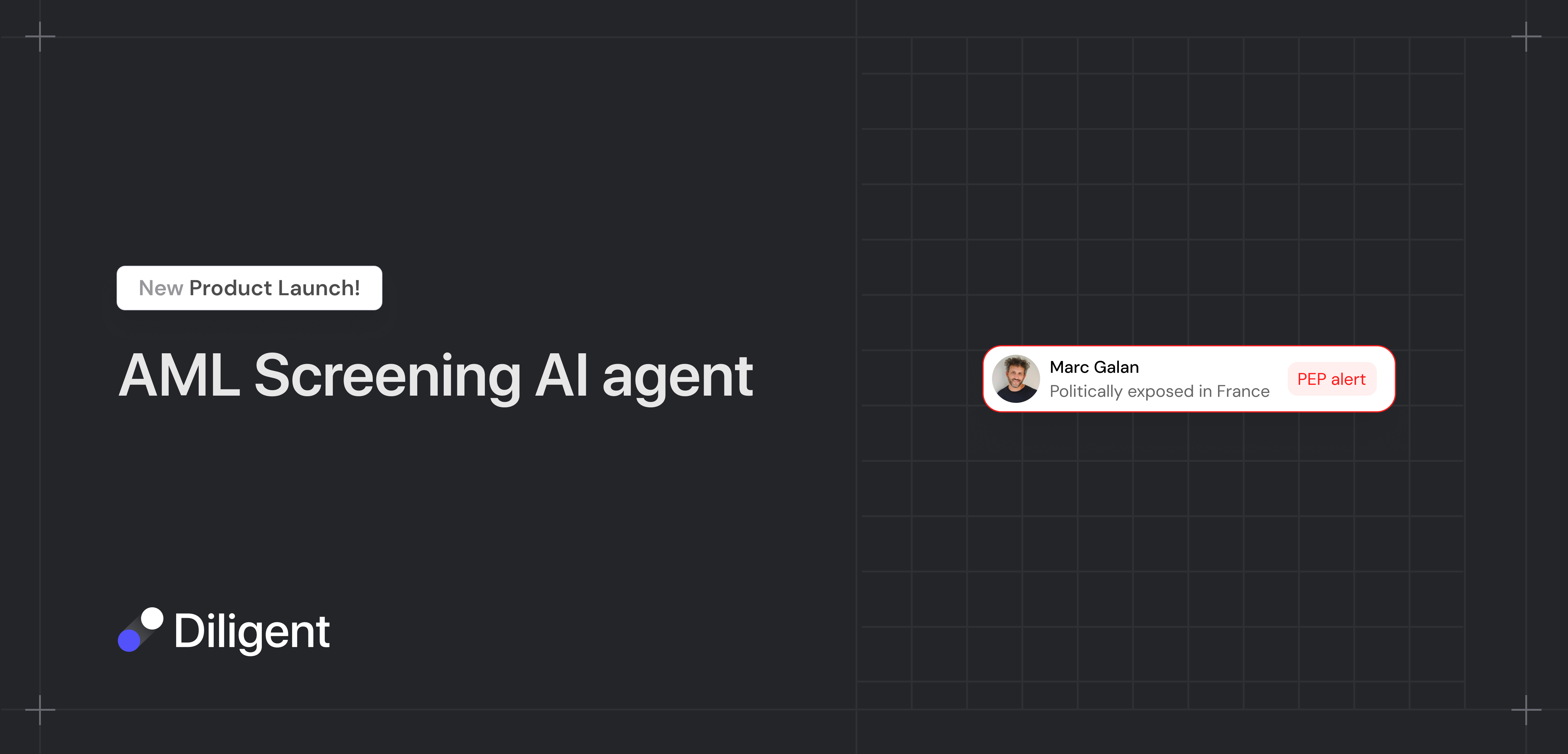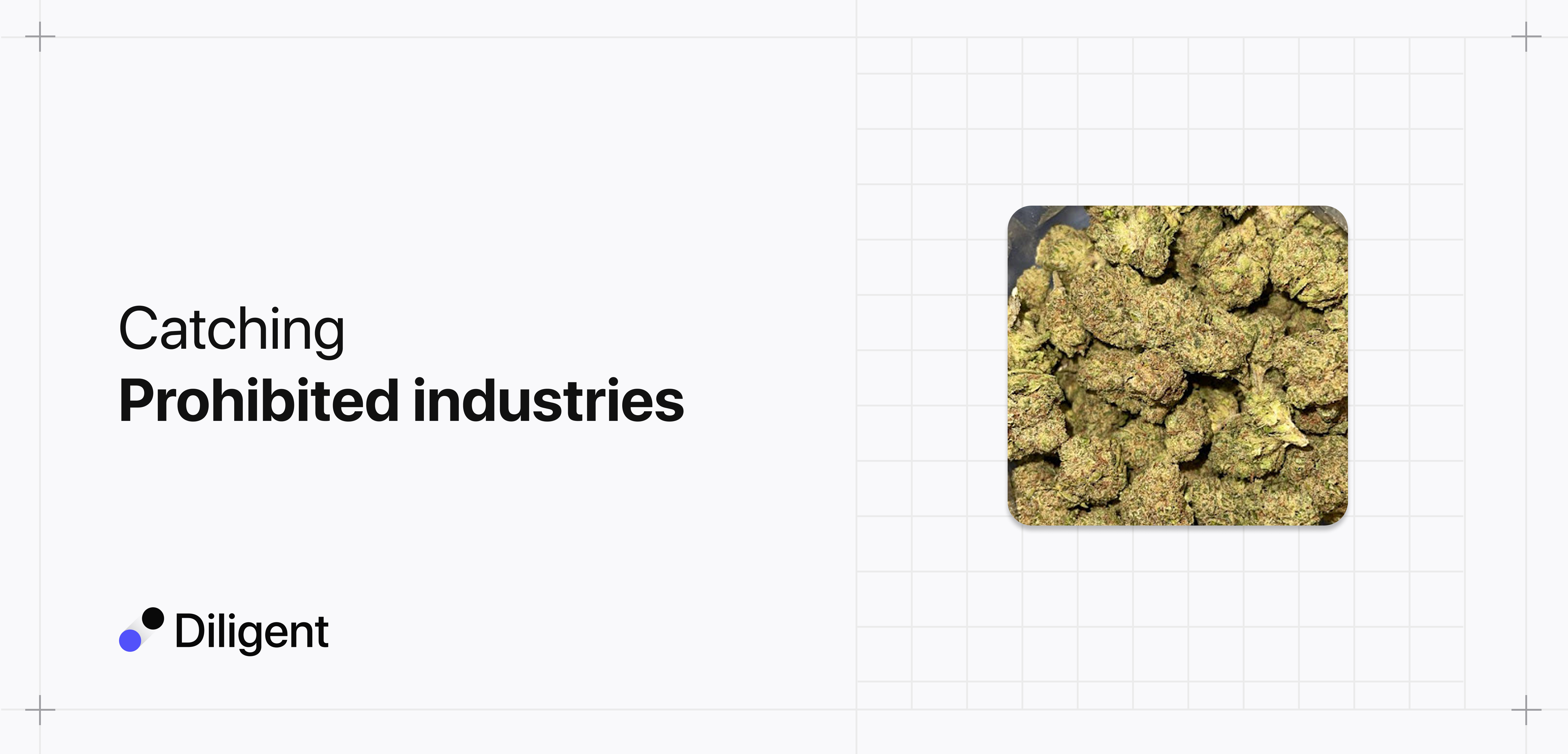For decades, compliance teams have been buried in gruntwork. Endless forms, checklists, and spreadsheets. Hours spent cross-checking names, scanning documents, filing reports — only to generate piles of data that rarely turn into meaningful intelligence.
Meanwhile, the numbers keep climbing: $200 billion+ spent every year on compliance, over 35 years of effort, and yet global financial crime is still thriving.
So the uncomfortable question remains: is the system actually working?
The Box-Ticking Trap
We read a commentary from RUSI recently (sources below), and it hit home: despite decades of so-called “risk-based” AML, there’s little evidence it’s making a real dent.
Why? Because we’ve built a system that measures inputs, not outcomes.
- We count how many SARs get filed, not whether they stop bad actors.
- We celebrate how many forms get processed, not how many risks get detected.
- We train compliance teams to avoid mistakes — rather than to create intelligence.
It’s compliance as theater: lots of activity, but not enough impact.
What Great Work Could Look Like
The path forward isn’t about doing more — it’s about doing better. From gruntwork to great work.
That shift requires three big changes:
- Breaking down borders. Criminals don’t stay confined within jurisdictions, and neither should our intelligence. Cross-border information sharing is non-negotiable.
- Working as partners. Public-private partnerships (PPPs) are where the breakthroughs are happening, when regulators, banks, and technology teams pool knowledge instead of working in silos.
- Rewarding outcomes. Compliance teams shouldn’t be measured by the weight of the paperwork they produce, but by the risks they actually neutralize.
The UK’s Data Fusion PPP and the Anti-Scam Centres in Singapore and Australia show what’s possible: when collaboration and intelligence-sharing replace box-ticking, crime actually gets disrupted.
Where Technology Fits In
Of course, none of this happens if analysts remain stuck in gruntwork. Right now, too many talented people spend their days battling false positives, repeating the same checks, and processing information that never moves the needle.
This is where AI comes in.
AI agents aren’t about replacing people — they’re about freeing people up. They handle the repetitive, manual tasks that drain capacity, so compliance professionals can focus on judgment, escalation, and strategy.
At Diligent AI, that’s the future we’re building:
- Automating baseline due diligence so teams can scale without scaling headcount.
- Turning unstructured gruntwork into structured intelligence.
- Shifting energy from processing paperwork to protecting customers.
The Big Shift
The status quo isn’t stopping crime. Reform is overdue.
But the good news is, the shift has already begun. The best compliance teams are starting to move away from grunt work and into great work — from forms and filings to insight and action.
And that’s the future we believe in at Diligent: a world where compliance is no longer about surviving the paperwork, but about outsmarting the criminals.
Sources:
1. https://www.rusi.org/explore-our-research/publications/commentary/global-anti-financial-crime-system-broken


.png)
